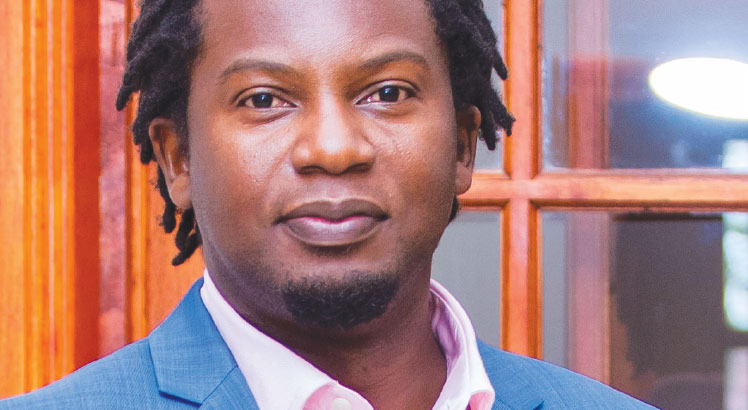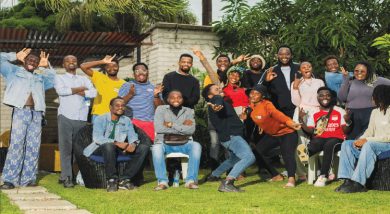Appreciating arts economic potential
The University of Malawi’s School of Arts, Communication and Design will embark on a research to determine the economic potential of the arts sector in Malawi. The research will be led by two associate professors at Unima, Zindaba Chisiza and Gowokani Chijere Chirwa. Our arts editor EDITH GONDWE caught up with Chisiza for more. Excerpts:

Q
: First introduce this project in a layman’s language?
A
: My name is Zindaba Chisiza. I am an associate professor of drama at University of Malawi School of Arts, Communication and Design. And I am a lead in a project entitled Mapping Exercise of the Malawi Cultural Industry. What that means is that we are trying to undertake a mapping exercise of Malawi’s art and cultural industry to spur structural changes, to stimulate policy intervention, to fast track growth and development. What we want is to identify opportunities and challenges and to provide an overview of the sector’s economic contribution to Malawi. So, the mapping exercise will focus on five categories, namely performing arts, notably drama, music, dance and many other performing arts you may have. Visual arts comprising painting, sculpturing, etc, media arts [print media, publishing, newspapers] as well as cultural heritage [Chongoni, Mulanje Mountain, Chikala Hills, Malape Pillars and others, cultural festivals as well]. In a layman’s terms, we are trying to understand what is the Malawi’s cultural sector’s economic contribution to the GDP [gross domestic product]and we want to understand how much the cultural sector can be spurred to grow and develop and what changes are needed to help. This can be from government, stakeholders and players. We have all these cultural festivals happening in Malawi and they bring in money and resources not just money. For many years, the support that you get from government sometimes is sporadic. Even from private sector is sporadic. If we look at other countries, their cultural and arts sectors are well developed. Talk of Nigeria, South Africa etc.
Q
: How long will the project go on? What will be happening on the ground for you to come up with the necessary information and required outcomes?
A
: I am working with a colleague of mine from the School of Law, Governance and Economics, his name is Associate Professor Gowokani Chijere Chirwa because he comes from economic and governance background and I come from the arts background and so because the study is looking at both aspects, we needed somebody who has expertise from an economic point of view in order to study properly. We want to make a proper profile of the arts and culture sector but we also want to find keep challenges so that we can spur growth. We want to know how many people are working in the sector, what type of work they are involved in and how much they are paid for that work, their economic contribution and its impact to the economy and development of Malawi. We want to make recommendations on the part of structure changes and policy interventions required to make the sector more viable and to spur sector growth and development. That is what we are hoping to find out. This study will take place in five months. So what we will do is we will have both qualitative and quantitative research methods. We will involve key players in the arts sector. They include government agencies such as the line ministry, trade and finance, Cosoma, Department of Arts and Culture, parliamentary committee, trade and employment and other key stakeholders as well as arts associations dealing in these arts disciplines. We will have preliminary meetings to have a buy in from them and then we will undertake core designing of core research questions of the scope. Although we have an idea of what we want to do, we want the stakeholders to contribute and them feeling part of the project. In the end, when the results are in, we expect the stakeholders including the government to accept them and act on the recommendations.
Q
: How will you make sure that the research results are widely accessed?
A
: We want the media to help us disseminate the results. We will have a media tour. We will tell various media houses about the research results to sort of further disseminate the study further. It is important that the findings of the study are made available to many people. The research will also be shared on our website. We will also share it with key stakeholders such as Cosoma, line ministries, and we are hoping it can spur interest and support for the sector.
Q
: Who funded the project and for how much?
A
: The project is funded to the tune of K117 million. It has been funded by Rel Foundation Limited of New Zealand which has a long history of supporting the arts sector in Malawi. The foundation once funded a folklore project with Nanzikambe Arts. It also funds some projects at Music Crossroads.





